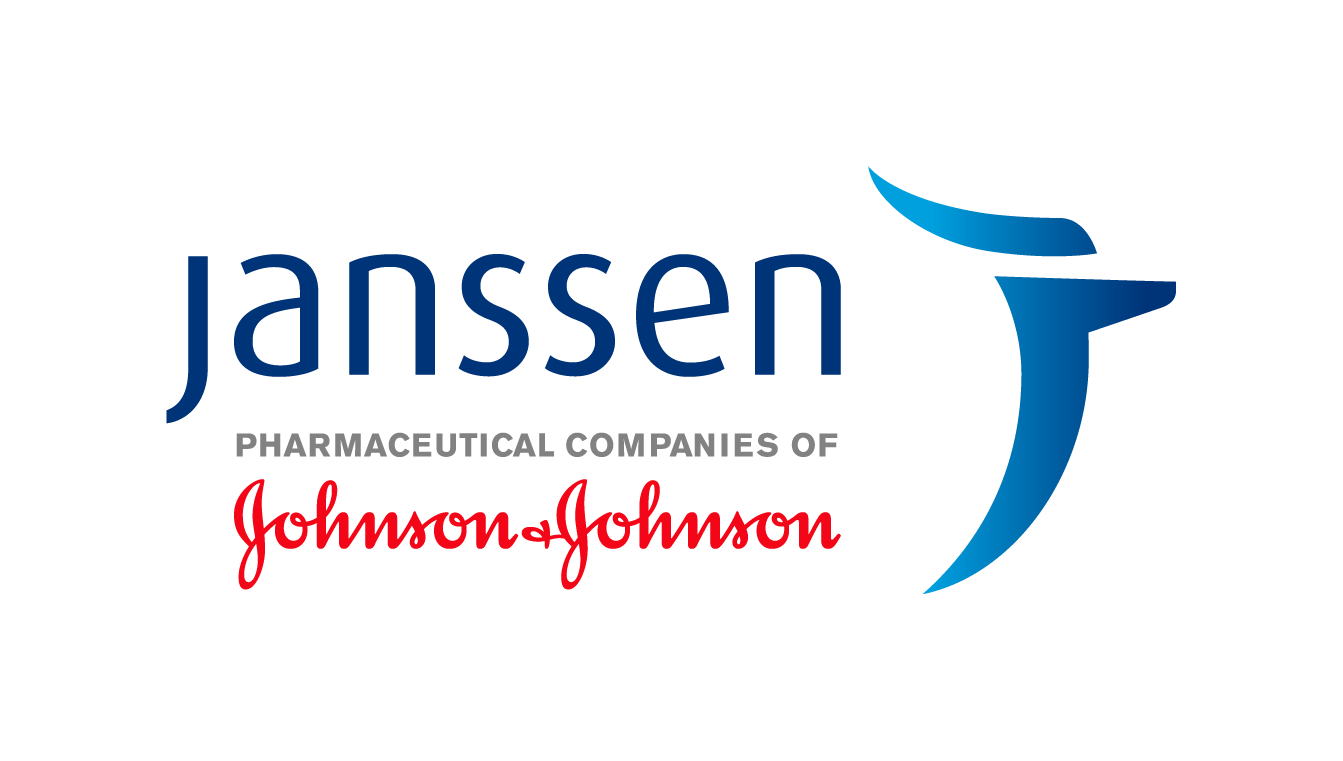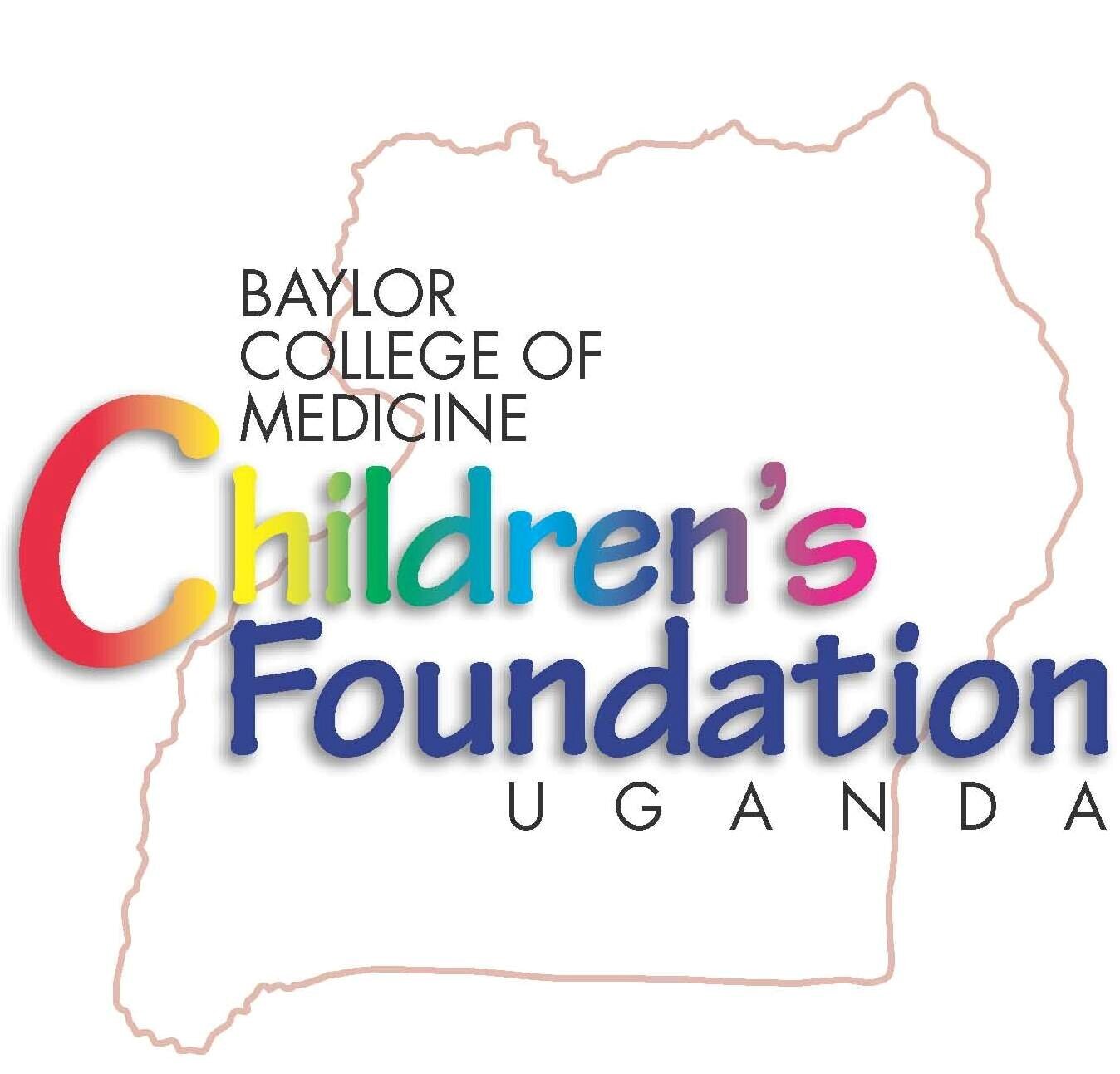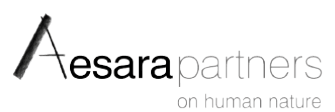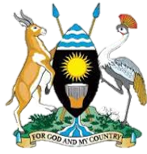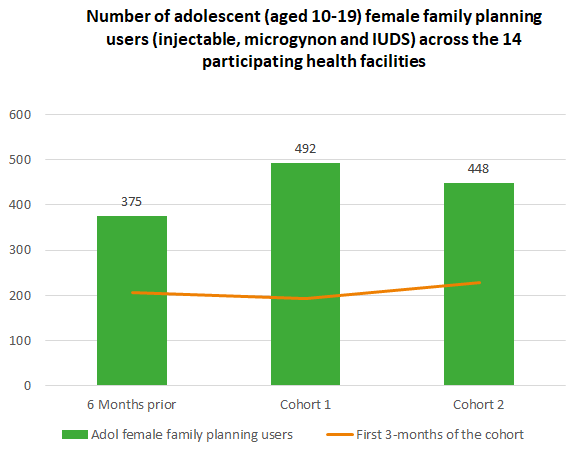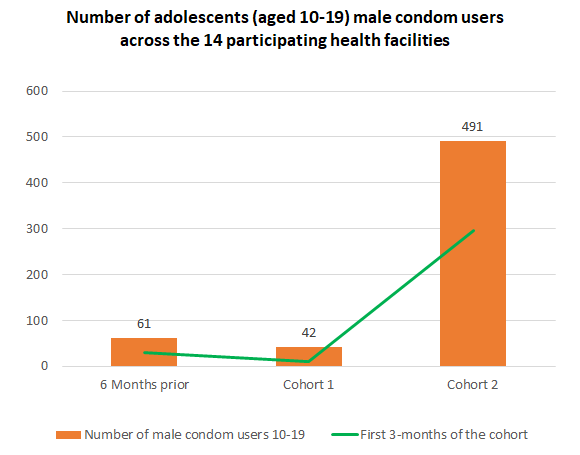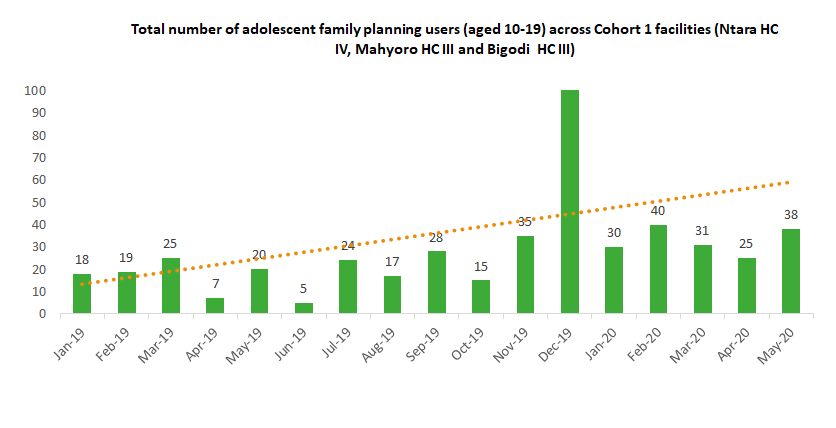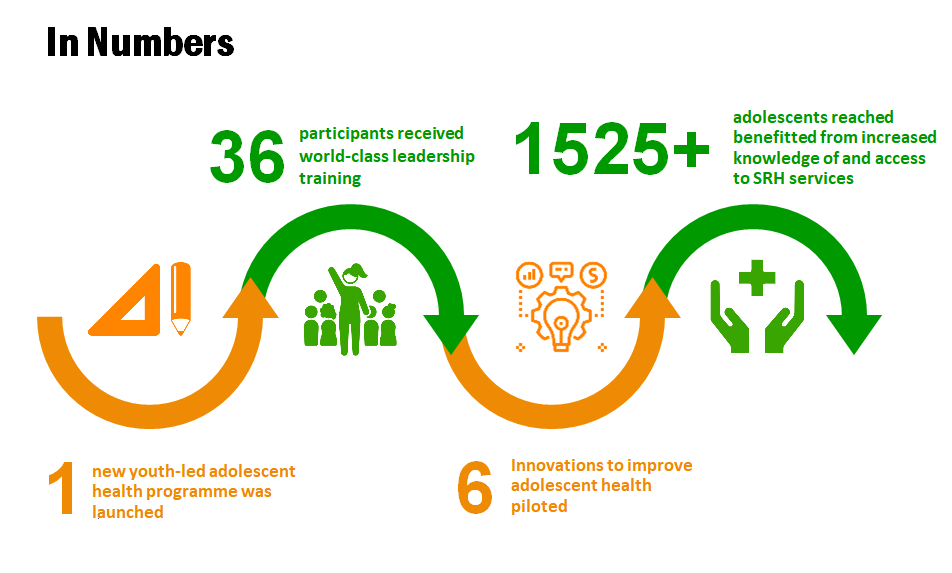PROJECT PARTNERS:
WHERE: Kamwenge and Kitagwenda Districts, Rwenzori Region, Uganda
WHEN: May 2019 - Ongoing
SHARED VISION AND PURPOSE: Improved HIV and sexual reproductive health outcomes for adolescents in Kamwenge & Kitagwenda districts
WHY: Uganda is the second youngest country in the world, with 59% of the population under the age of 20. Young people are disproportionately affected by negative sexual reproductive health outcomes; half of the 380 new HIV infections a day in Uganda are among young people.
Risky sexual behaviour is a key determinant of adverse sexual health outcomes and is fuelled by a lack of comprehensive sexual education, poor quality adolescent-friendly health services, multiple sexual partners and false rumours about the side effects of contraception. In Kamwenge, only 1.7% of all youths accessed family planning services in 2018, while 17% of pregnant women were 19 or younger. High rates of teenage pregnancy has led to pregnancy complications and unsafe abortions becoming the leading cause of death and disability among adolescent girls. One in four teenage girls in Uganda (15-19) have had a child or are pregnant, and 42% of all adolescent pregnancies are unintended.
“I feel a lot more confident to share my opinion in situations out of my comfort zone and expertise. I learnt to embrace difference in opinions, to listen more and judge less.”
HOW:
Building on the success of Caring Together, Pepal collaborated with Janssen Pharmaceutical Companies of Johnson & Johnson and Baylor-Uganda once again to launch this programme in May 2019. Leaders from the two organisations join government health workers and adolescent Peer Leaders for immersive leadership and innovation cohorts. By fostering connections between different stakeholders and creating a space for strategic collaboration, we bring together a diverse range of skill sets to co-create imaginative solutions to adolescent sexual reproductive health challenges in Uganda.
The programme aims to improve adolescent-friendly health service provision across 14 health facilities in Kamwenge and Kitagwenda, serving a populations of 125,000 young people. By adopting a model lead by the young people we are targeting, the programme empowers and motivates youth themselves to drive change in their communities and equips them with skills to reach their full potential.
“My mindset is the greatest weapon that I have to surpass any challenge in life. The Pepal training was hard; it made me connect with my inner self, built my self-esteem and, importantly, taught me to be outward looking and put others before me.”
Impact on ADOLESCENT Health Outcomes:
“We must create self-awareness among adolescent and youths to build a vision for tomorrow’s future.”


